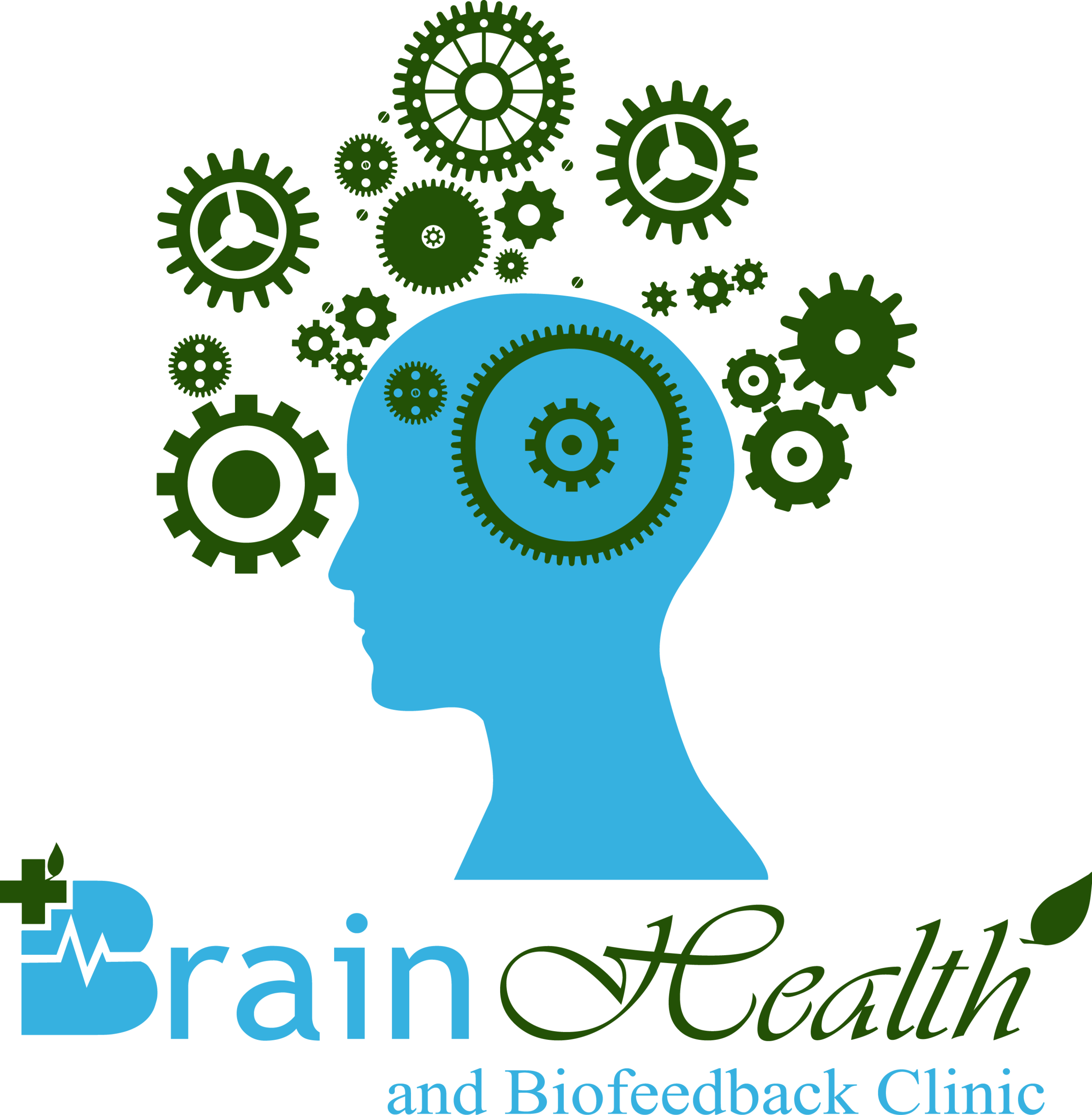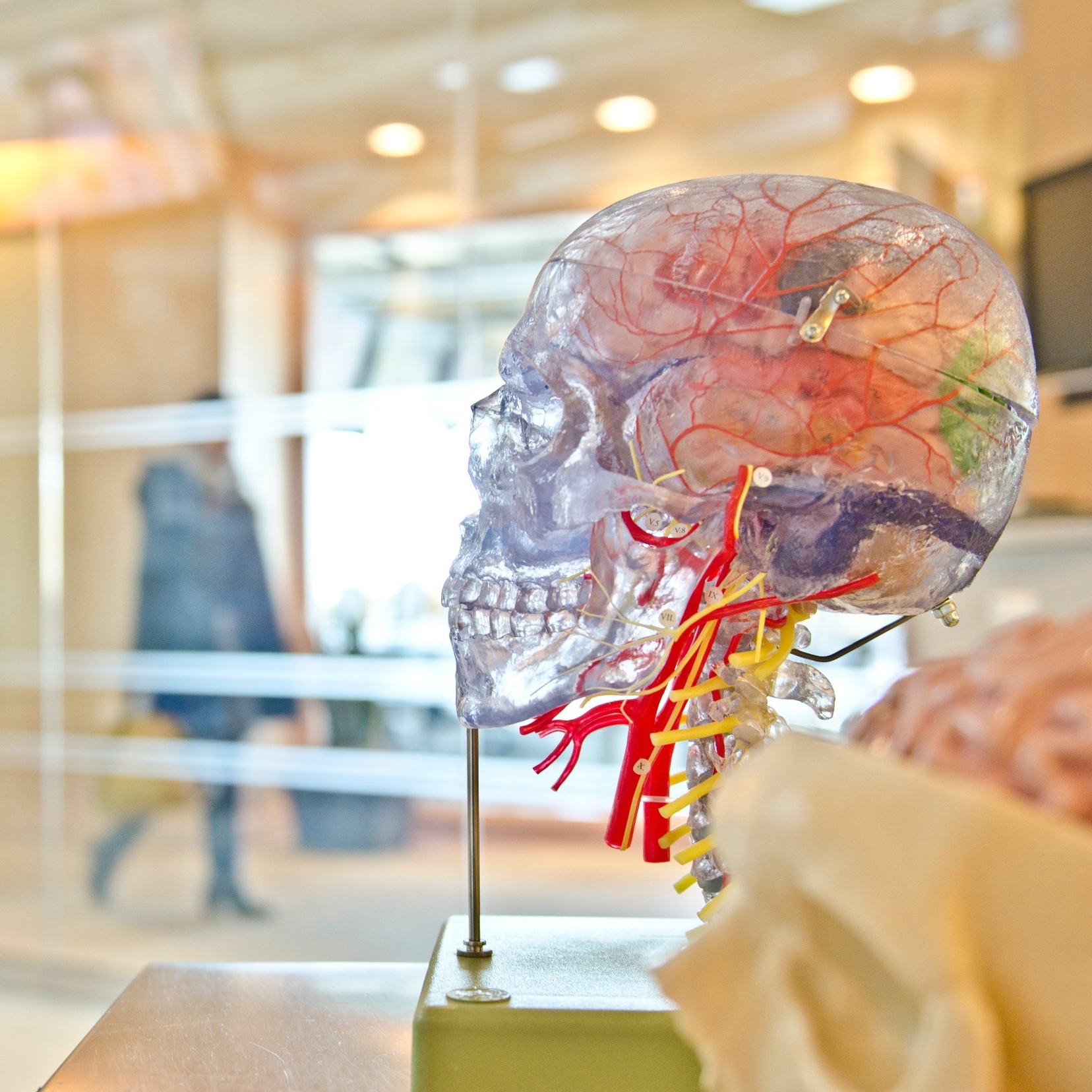Dr. Mark L Gordon Protocol
Traumatic Brain Injury and Hormones
Traumatic Brain Injury (TBI) occurs when a sudden trauma to the head disrupts the brain’s function. TBI is commonly evident in soldiers (from explosive forces suffered whilst in Iraq or Afghanistan) and professional athletes.
“Traumatic brain injury can be caused by a direct impact, or by acceleration alone,” explains Dr. Mark L Gordon, interventional endocrinologist and traumatic brain injury treatment specialist at Millenium Health Centres in Los Angeles, California. “Brain trauma also causes secondary injury, which takes place in the minutes and days following the injury, which include alterations in cerebral blood glow and increased pressure within the skull, contributing substantially to damage from the initial injury.”
“Traumatic Brain Injury can be caused by a direct impact, or by acceleration alone.”
TBI can cause a host of cognitive, emotional, physical and behavioural effects, which may be difficult to detect. Dr. Gordon and his team are now discovering that traumatic brain injury is also a causative factor for accelerated hormonal deficiencies or insufficiencies (when a hormone is in the low normal range but this drop in levels leads to symptoms). These hormonal deficiencies/insufficiencies can cause a host of physical, physiological and psychological problems.
Dr. Gordon found from studies that at least 50% (and up to 76%) of TBI patients showed some loss of pituitary hormone function immediately after their brain injury occurred. Additionally, 52% of patients developed new pituitary hormone deficiencies after one year of the accident. The deficiencies led to a reduction in the regulation of the thyroid gland, the adrenal glands, and the gonads, which are all very important to produce critical hormones in the body.
Over several years, Dr. Gordon has developed a panel of comprehensive hormone testing for TBI patients. The patient’s history, a detailed physical examination, and lab results are correlated to create a treatment protocol for individualised hormone replacement. Those patients who do respond - around 60% in running audits from Dr. Gordon's clinic - typically do so within 1-4 week's. Often for these individuals, the response can be dramatic.
As a result of this level of clinical response, Dr. Gordon ended up with a waiting list of 1200 patients and so in 2015 he ran a training program attended by a doctor from each of the States in the USA, one from Australia and one from New Zealand. Dr Harris attended this training in San Diego in 2015.


